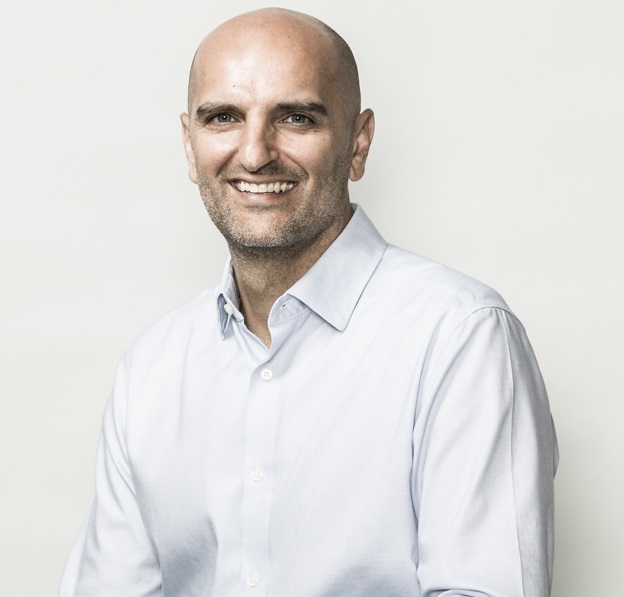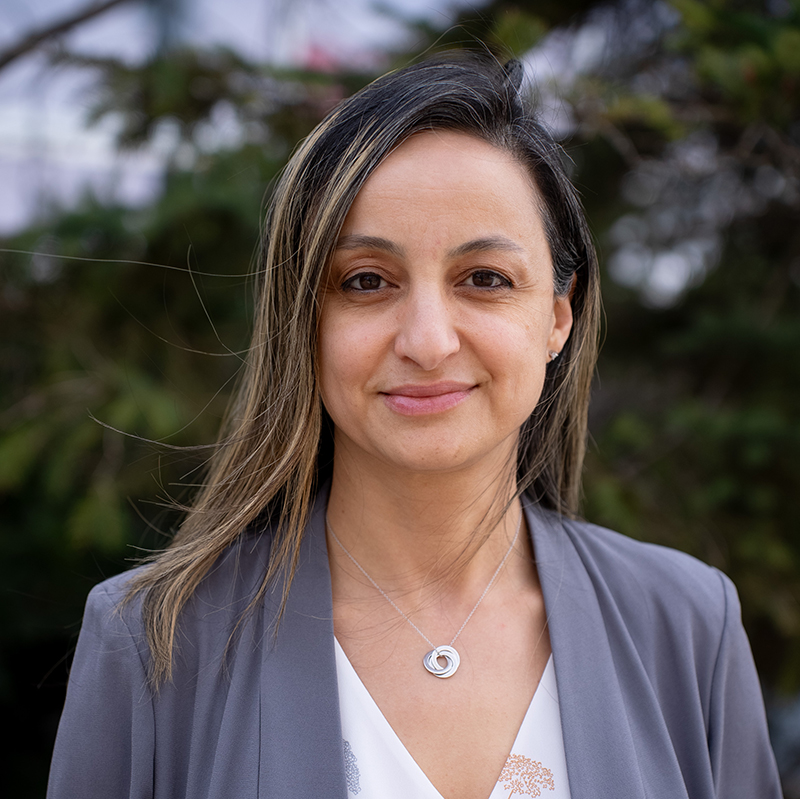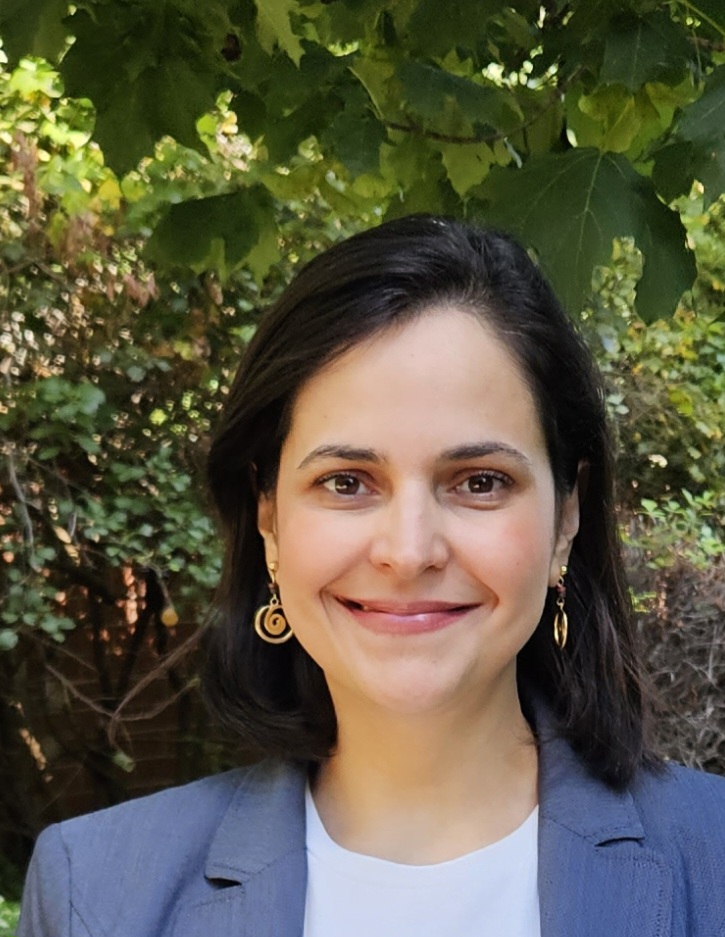
With York University's new Markham Campus now open, the campus is prioritizing opportunities that demonstrate York's leadership experiential education (EE), which is increasingly a focus in Canada’s halls of higher learning. It is doing so with innovative new programs, including two rooted in biotechnology.

“The vision for the Markham Campus from the onset was to provide our students with access to high-level experiential education opportunities,” said Dan Palermo, interim deputy provost, Markham. “This vision aligns with the broader vision of York University to expand experiential education opportunities for students across the institution.
“This is also in response to what students want as part of their academic journey, even what parents want for their children as they go to post-secondary school. And it does prepare students better for the workforce,” Palermo said.
The Markham Campus offers degree programs and micro-credentials focused on EE, digital technologies and entrepreneurship. Among the courses benefiting from the campus’s focus on EE are the brand-new Communication, Social Media & Public Relations course, the Digital Technologies course and the Computer Science for Software Development course, which will all include work terms in Markham-based industries or non-profits.
The Markham Campus’s new Master of Biotechnology Management (MBM) program and Graduate Diploma in Biotechnology will also advance the University's EE leadership, closely aligning classroom education with what the industry has said workers need.
In the case of the biotechnology programs, the course experiences were – in fact – specifically designed that way.

Jade Atallah, graduate program director of biotechnology at Markham and an assistant professor in the teaching stream in the Department of Biology; and Luz Puentes Jácome, an assistant professor in the teaching stream in the Department of Biology, developed the curricula and pedagogical approaches of the biotechnology programs after listening to the industry.
“Pedagogically, we knew that experiential education must be at the centre of curricular delivery,” Atallah said. “Because we were working with new programs, it was a relief that no retrofitting was needed. We were able to start from the ground up, where experiential education was at the centre and everything else came around it.”
Indeed, the graduate biotechnology programs incorporate immersive and multimodal experiential learning such as industry workshops, industry fireside chats, participation in biotechnology conferences, industry challenge questions, interdisciplinary capstone projects and industry internships.
“We bring in industry partners to act as industry mentors, and our graduate program students work in groups as consultants and try to solve a problem posed by the industry mentor,” said Puentes Jácome.

“In that way, they're working directly in an industry context. They go through the process of figuring out a solution for this program, doing some literature search and writing a white paper. Then they'll have a final presentation in which we will bring all the industry mentors together to observe the presentations and to network with our students.”
The programs are interdisciplinary. In the case of the MBM program, students integrate management training with the biotechnology portion of the course. “This would prepare the students to, perhaps, run a biotech startup,” Puentes Jácome said. For example, she said, “they might work toward creating a water bottle with biology, not fossil fuels.”
Marisol John is a student in the Master of Biotechnology Management program and is among those who have seen the many possibilities for a biotech career available to them through the program.
“I have learnt so much about this industry, and I'm excited to continue this process of directly engaging with real-world industry problems,” she said.
John is already envisioning ways she can apply her in-class experiences.
“I have a very deep passion for agri-bio and environmental biology,” John said. “Coming from a Caribbean island, Dominica – the greenest island in the Caribbean – I think this program will afford me a diverse skill set to effect positive and sustainable change in my country.”
Her undergrad thesis was based on the therapeutic applications of ginger, something John hopes to expand upon. Her grandparents treated flu and upset stomachs with ginger tea, and John’s research showed it’s used for many therapeutic reasons, including pneumonia, tuberculosis and asthma. But, she said, there is limited information available on these topics.
“I am using this to drive the rest of my career," said John. "I am learning how various biotech industries can be integrated to bridge the knowledge gap and innovatively solve problems related to crops, agricultural sustainability, food processing and diversification. The possibilities are endless.”
Thanks to the experiential education opportunities provided by the new Markham Campus – like those in biotechnology – the possibilities will be endless for other students, too.
With files from Julie Carl
